Last Updated on April 13, 2020
Many cat owners are not aware that there are various types of cat litter they can choose from today. Depending on your individual cat’s likes, dislikes, and personal needs, it may be worth switching to something new! Here are 6 types of cat litter you can buy.
Regular clumping
This type of litter is the most popular as many brands offer great odor protection. It typically has a longer life and is easier to clean. Many formulas also offer minimal to no dust as well. For people who scoop daily or several times a week, this is usually the best option.
Regular non-clumping (clay)
This type of litter is almost always the cheapest. Most blends are clay-based which allows odors to be trapped without anything sticking together. This litter tends to have a shorter life and will require boxes to be completely dumped more frequently.
Lightweight
This type of litter is excellent for anyone with back issues. In comparison to regular cat litter, these formulas are very light and easy to clean. The downside is that most brands have higher dust and the litter seems to get everywhere easily.
Natural Blends
This type of litter is naturally based with things like pine, corn, cedar, or wheat. It is usually lighter but varies in how effective they are at odor control. While most of these formulas are safer than standard litter, they can still cause issues in some cats. Cats who are prone to allergies should not use these types of litters.
Pellets
This type of litter is another great option if you want a lightweight litter. The pellets come in different types being made from paper, pine, walnuts, or wood. The paper-based pellet litter is one of the best options for cats who are declawed as it is softer than other litters and easier for them to use.
Crystals
This type of cat litter claims to be the longest-lasting on the market. Typically made from silica, the litter is blue in color and offers a softer experience for your kitty’s paws making it another great option for declawed cats. Because it is very fine in texture, it can be rather messy and get everywhere like the lightweight litter formulas do.
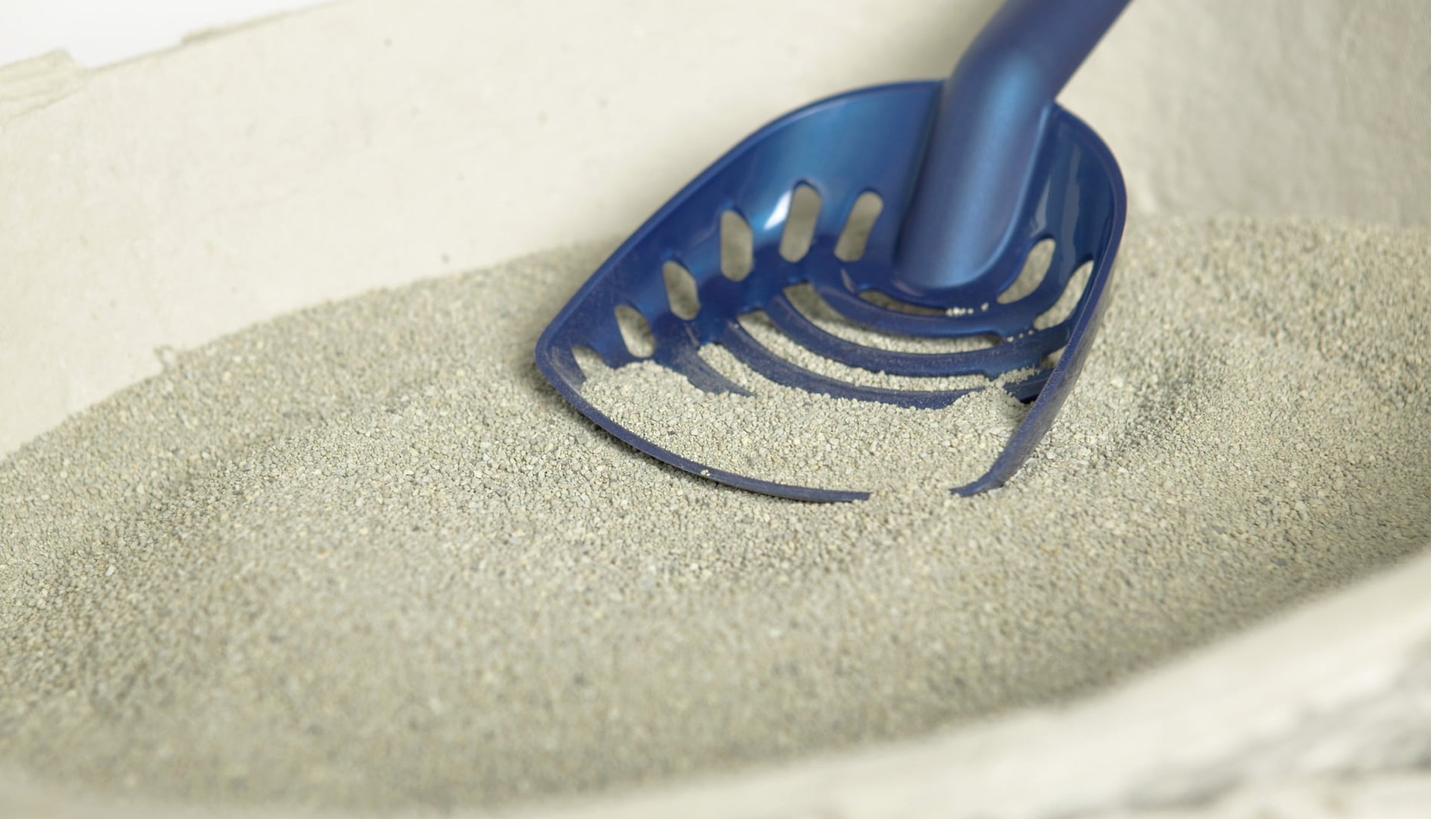
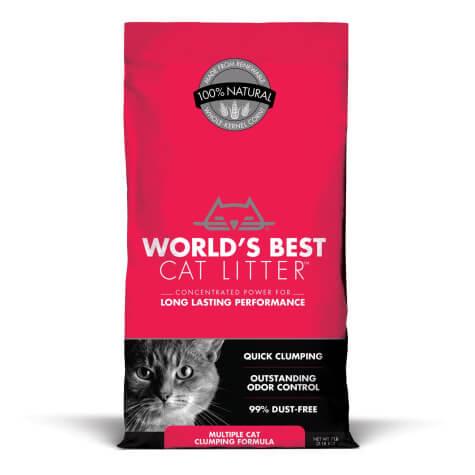
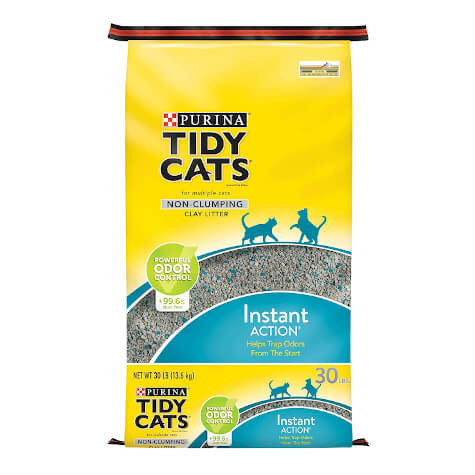
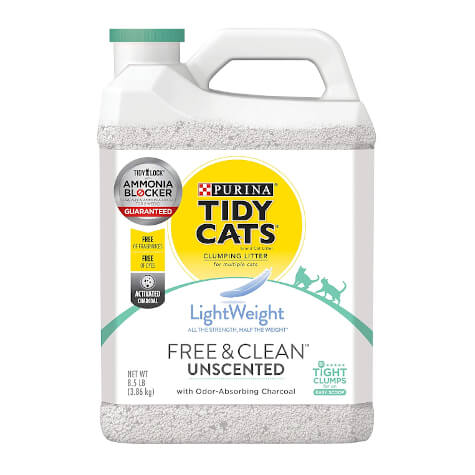
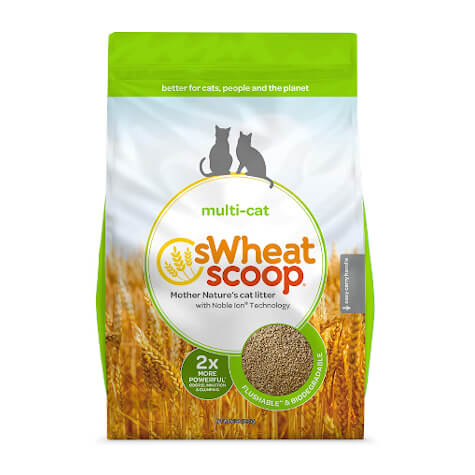
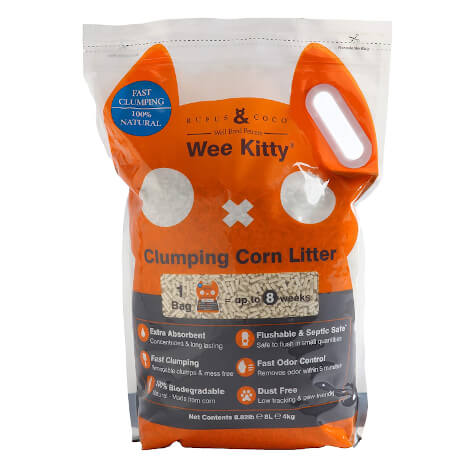
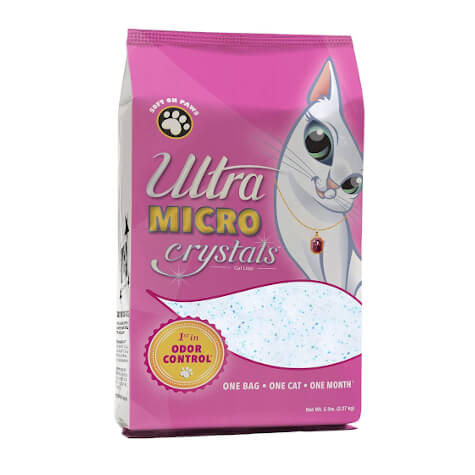
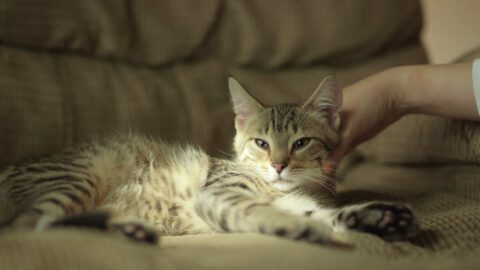
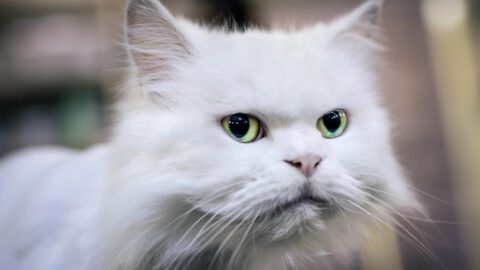
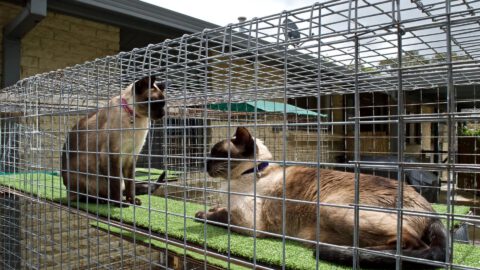
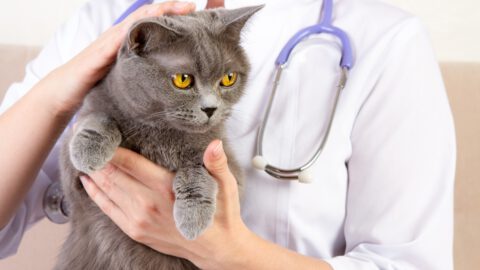
I’m glad you mentioned that lightweight litter is extremely easy to clean and reasonably masks odors. My sister just adopted a cat for her husbands birthday, and she wants to know what kind of litter she should buy. I’ll see if I can look for some high-quality litter online.
Approximately 2 years ago my cats both became very ill. They were vomiting to the point of dry heaving, were dehydrated, and barely moved. The vet told us that if we had not figured out the cause after 4 or 5 days, they would not have lasted another 48 hours. The problem? Lightweight litter. It is very dusty and when they would paw around in their boxes it would get in their lungs, stomach, sinuses, etc. I honestly think it is a brilliant idea, especially in households comprised solely of small females such as mine. so give it a try. But the second your cat seems to have an adverse reaction, please remember this post and switch to something that works your biceps a bit more.